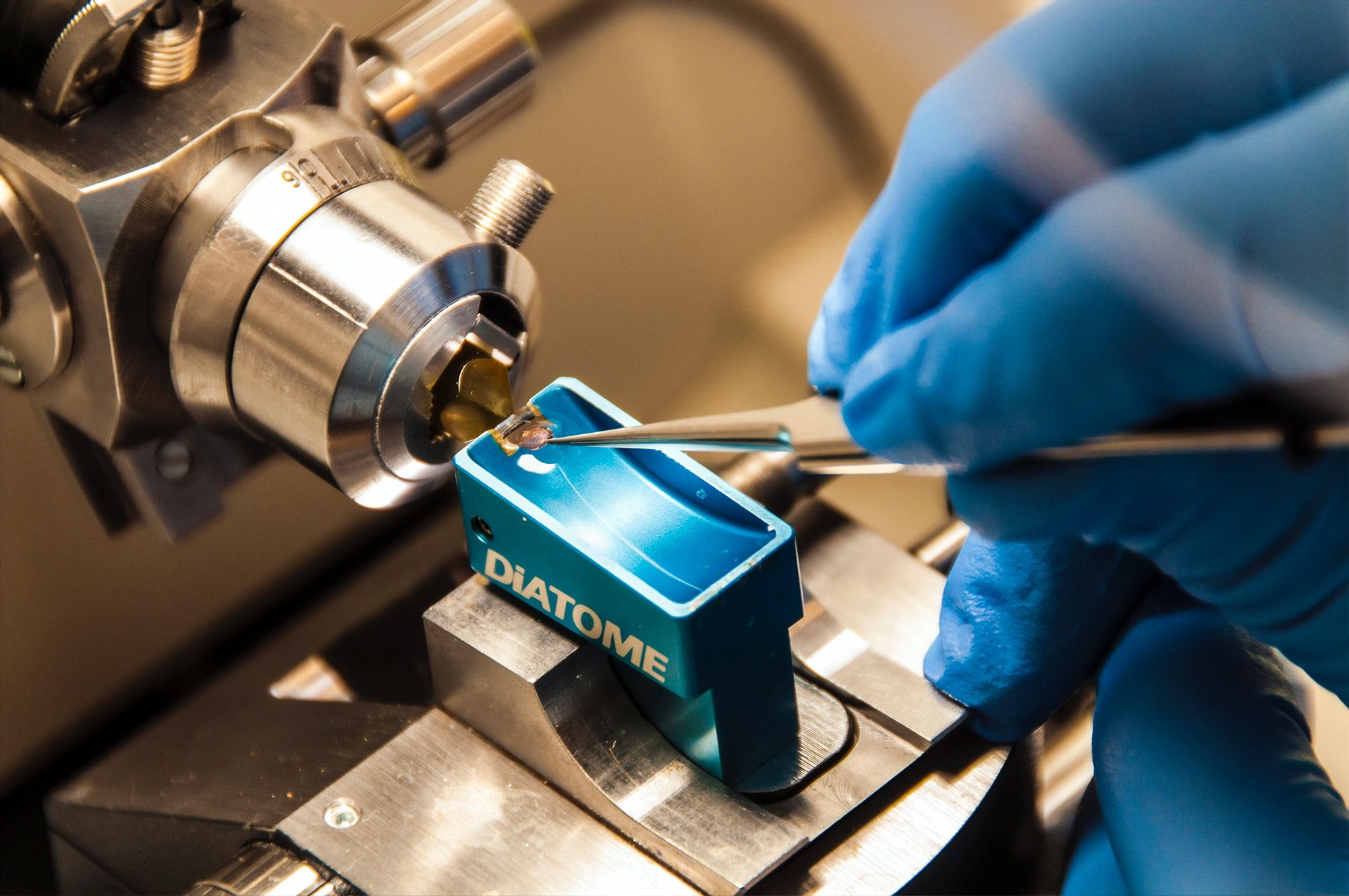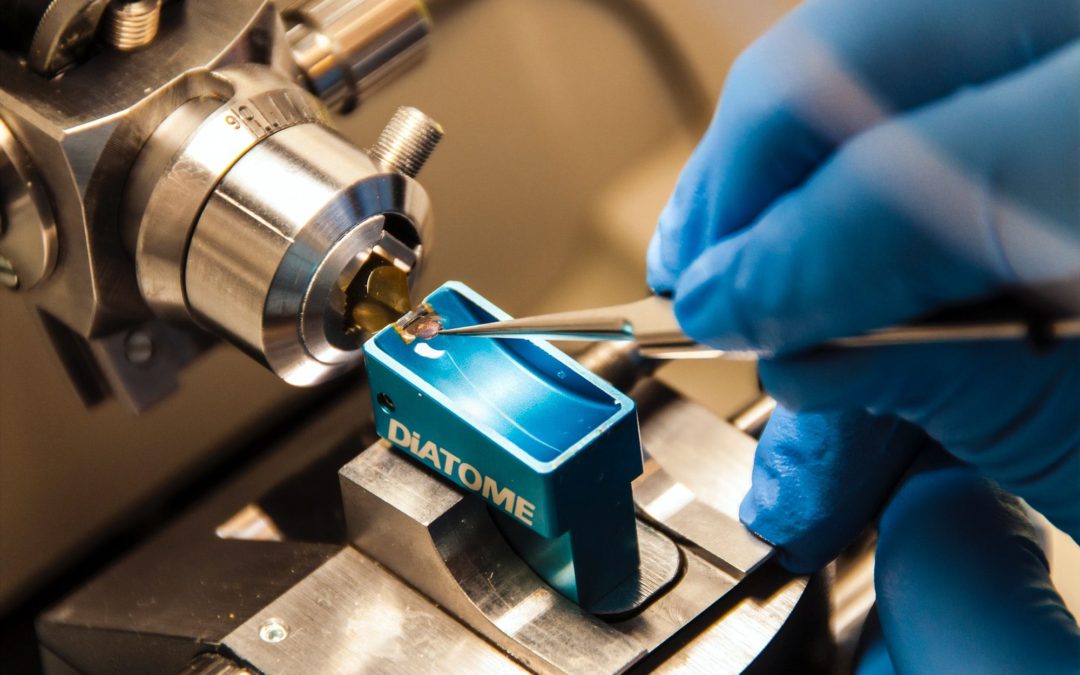
Research shows that cancer is the second most common cause of death in the world, but it is usually very difficult to predict how cancer will develop and when a patient is at risk of relapse.
Now researchers at Duke National University in Singapore have discovered a biomarker in the form of a protein that helps predict the behavior of many cancers.
MBNL1, as the protein is called, is found in small amounts in many of the most common cancers in the world, such as breast, colorectal, gastric, lung and prostate cancers.
– We have discovered a mechanism involving MBNL1 protein that predicts several characteristics of cancer such as development and relapse, says Dr. Debleena Ray, a researcher at Duke NUS who leads the study.
By understanding the presence of MBNL1, researchers have found that they can reverse this mechanism by blocking JNK protein, a well-known target in cancer treatments. In the future, the team will investigate the colorectal cancer protein and investigate the potential application of their discovery in treatments.
To date, no clinical studies have been conducted on this potential treatment. But the discovery is important and has great potential because almost 50 percent of all diagnosed cancer cases have this biomarker.
The study, “A tumor-associated splice isoform of MAP2K7 drives dedifferentiation in MBNL1-low cancers via JNK activation”, can be read in full at Proceedings of the National Academy of Sciences (PNAS) .
⁉️ Warp News is run by a non-profit foundation. Would you like to support our efforts to spread fact-based optimism and gain access to more of what we do? Read more about becoming a WIP member!





